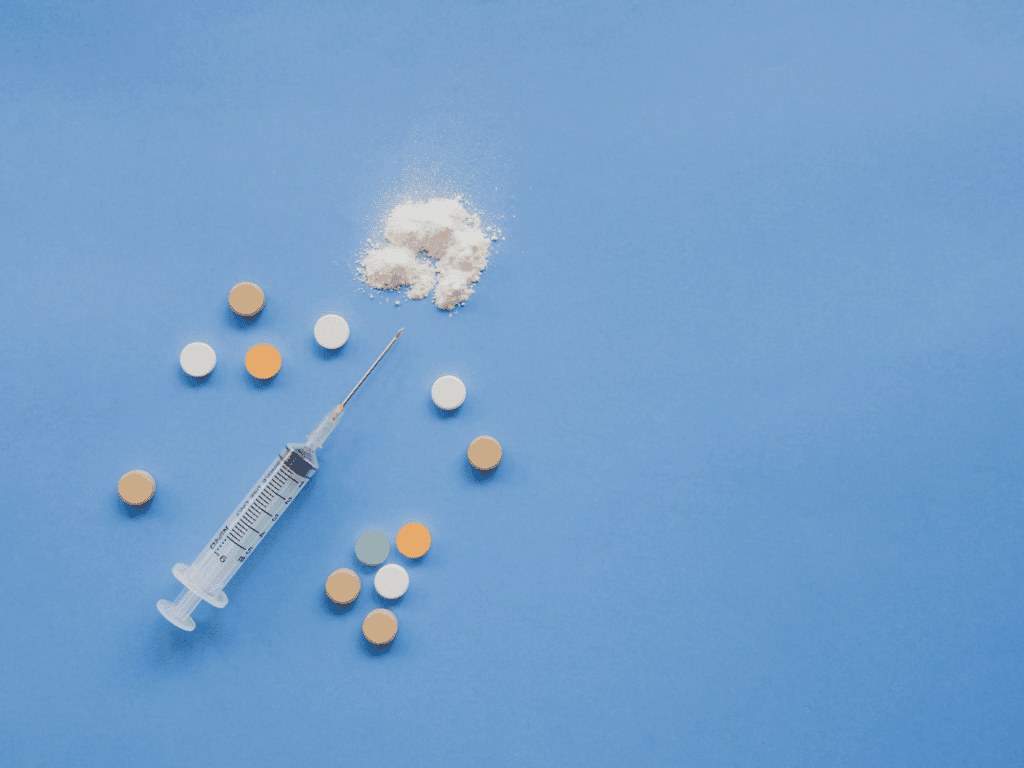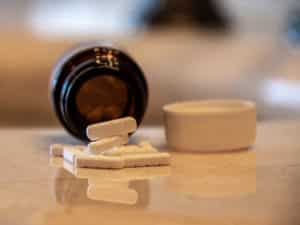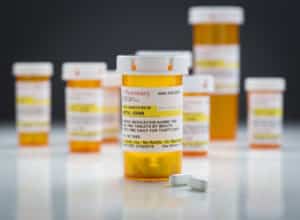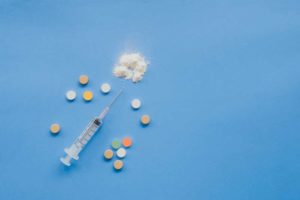One of the most pressing issues of our current time is the unimaginable rise in prescription drug abuse throughout the country. According to the Centers for Disease Control (CDC), prescription drug abuse has reached epidemic proportions, as more than 7 million people nationwide abuse them on a regular basis. However, now that restrictions and bans on prescription drugs have become tighter, many of these prescription drug abusers have now adopted a new addiction – to heroin.
What’s the Connection Between Prescription Drugs and Heroin?
Recently, in Prince William County, VA, police officers began noticing that many people who were formerly abusing prescription drugs were now abusing heroin instead. To combat this increase in heroin abuse, local police officers made over 30 arrests of heroin and pill dealers during a one-day sweep of the area.
However, even though these police officers were able to rid the area of some of the cause of the prescription drug/heroin epidemic, this doesn’t mean that this issue isn’t a problem elsewhere in the country. While it might not make sense to go from a prescription drug to an illicit drug, there are a number of reasons why users are doing this, including the following:
- Price – When it comes down to it, money matters – especially to addicts. Prescription pills can be incredibly pricey, as costs for them are usually based on a dollar amount per pill. Therefore, many users turn to heroin, as it is a much cheaper drug that produces similar effects.
- Availability – It’s no secret that obtaining prescription drugs illegally is enough work to qualify as a full-time job. Between doctor shopping, finding dealers, and even stealing from others, trying to obtain these drugs can be exhausting and possibly even ineffective. However, trying to get heroin is much easier, and is often done underground in ways that prevent others from catching on like they would in a doctor’s office and/or a pharmacy.
As more and more individuals turn from prescription drug abuse to heroin abuse, it is expected that the rates of prescription drug abuse will decrease, and heroin abuse will increase. It is possible to prevent additional addictions from developing through the implementation of education, such as information about heroin and prescription drugs (including side effects, how they work, why they are dangerous, etc.). However, those who are currently addicted to either drug must receive professional help in order to successfully detox from their abuse and learn how to develop a sober lifestyle that will combat their past addiction history.
https://www.drugwarfacts.org/cms/Drug_Usage#sthash.Esy4ifN9.dpbs
Author
-

President, CEO & Founder at Northbound Treatment Network
Paul Alexander is the CEO, President & Founder of Northbound Treatment Network in Newport Beach, California. He believes wholeheartedly in transformational leadership, organizational health and effective, fully integrated substance use disorder and mental health treatment. With over 27 years of experience in behavioral healthcare, Paul has extensive knowledge of “in vivo” treatment modalities, clinical development, operations, strategy, marketing and financial planning. He has been widely recognized for his development of collegiate-based residential treatment programs for students in recovery and authored a research study at The University of California confirming this modality’s effectiveness.
Paul’s comprehensive professional experience, willingness to innovate, and emphasis on organizational health are vital factors in Northbound’s continued success. Paul received his Certified Addiction Treatment Specialist training at Saddleback College in Mission Viejo, CA, and was awarded Outstanding Alumni Service Award in 2002. Paul holds a Bachelor of Arts degree in Criminology, Law and Society, Summa Cum Laude, from University of California, Irvine, and a Juris Doctorate degree from Loyola Law School of Los Angeles. Paul currently serves on The National Association of Addiction Treatment Providers (NAATP) board. In addition, he serves on The Family Recovery Foundation board and The CarePossible board in Orange County; both organizations are committed to raising funds for family recovery and treatment for former military personnel. Paul is in recovery himself and lives in Orange County with his wife Silvana and his two young sons, Noah and Dean.










